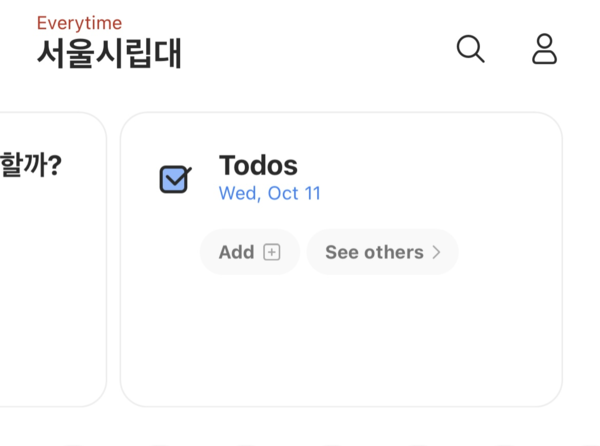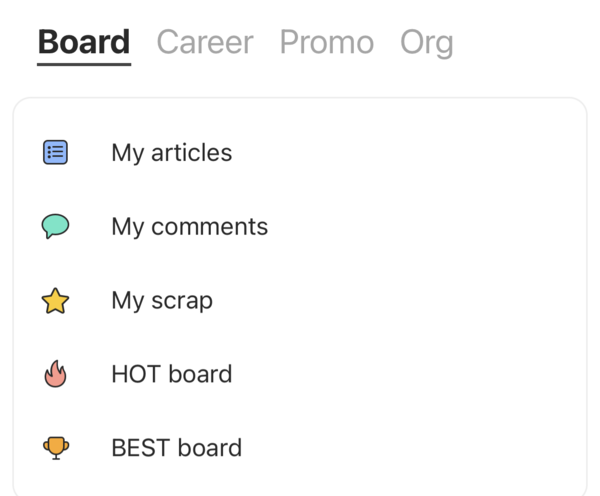A community network such as Everytime, a UOS online community, presents both advantages and disadvantages simultaneously. While the community allows users to maintain their privacy and freely express their opinions, anonymity can also foster hostility and discomfort. The UOS Times has delved into this duality of community networks.


“Everytime is the simplest way to access diverse information.” The importance of online communities has become paramount since the COVID-19 pandemic. Everytime, a start-up founded by an undergraduate student, is an online service designed to provide various useful functions for university students, such as creating a timetable, serving as a university community, and facilitating information exchange. According to the 2023 survey on essential applications for undergraduate students, conducted jointly by the Korea Fintech Society and Yeouido Academy, Everytime (with 94 percent) ranked first by a significant margin. Everytime primarily operates on the principle of anonymity. Although users must create nicknames to join the platform, most posts and comments are made anonymously. However, this anonymity is a double-edged sword that can also harm users. Some community members, hiding behind their anonymity, cause conflict and tend to overindulge in a single post. Rough language or harsh words can undermine the community's original purpose and generate animosity among other users.
"UOSLIFE" is an online service created by undergraduate students at the University of Seoul (UOS). This service allows students to access campus announcements without needing to visit the official UOS website. “I log on to UOSLIFE daily to check campus notifications. It is more convenient than using the official UOS website, especially when I need to find information like the cafeteria's menu for the day or use my student ID,” said Cho Jeong-yeon (Dept. of English Language and Literature, ’22). UOSLIFE keeps developing new features for UOS students, and it currently serves 10,000 UOS members.
Anonymity has always been a contentious issue, owing to its positive and negative implications, leading to ongoing debates about the level of regulation required. Some argue that restrictions infringe upon freedom of expression. In 2006, a real-name transaction system was implemented, targeting 800 national media outlets. However, this system was abolished 5 years later, following a Constitutional Court ruling that the policy violated freedom of anonymous speech and expression. Without revealing users' real names in posts or comments, significant change is unlikely. Despite ongoing efforts to reintroduce the real-name system, critics point to the previous enforcement's outcome as a reason against it. Moreover, this system is ineffective for international companies, as they only require an email for sign-up, without needing any user authentication, such as a resident registration number. Therefore, fostering internet ethics among users themselves is crucial to mitigate expressions of hate and condemnation often hidden behind anonymity.

